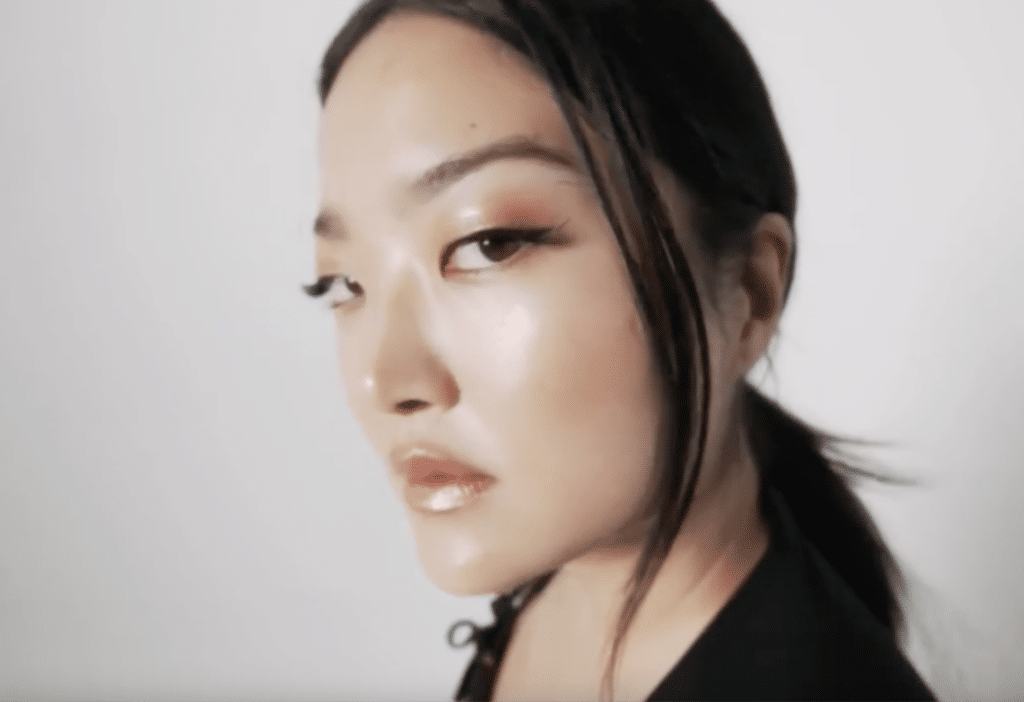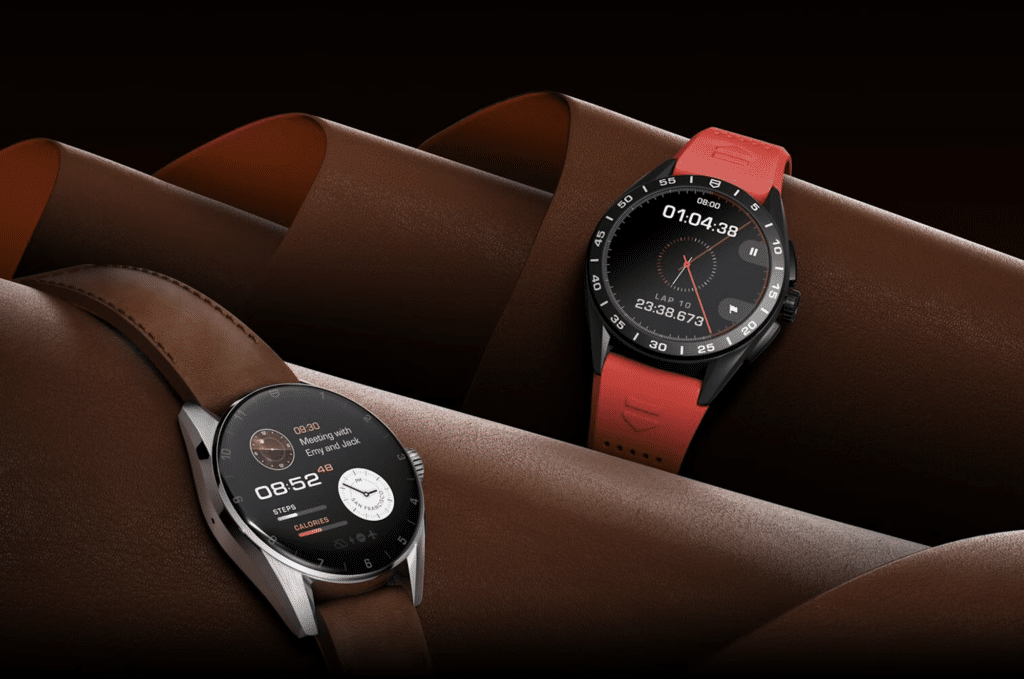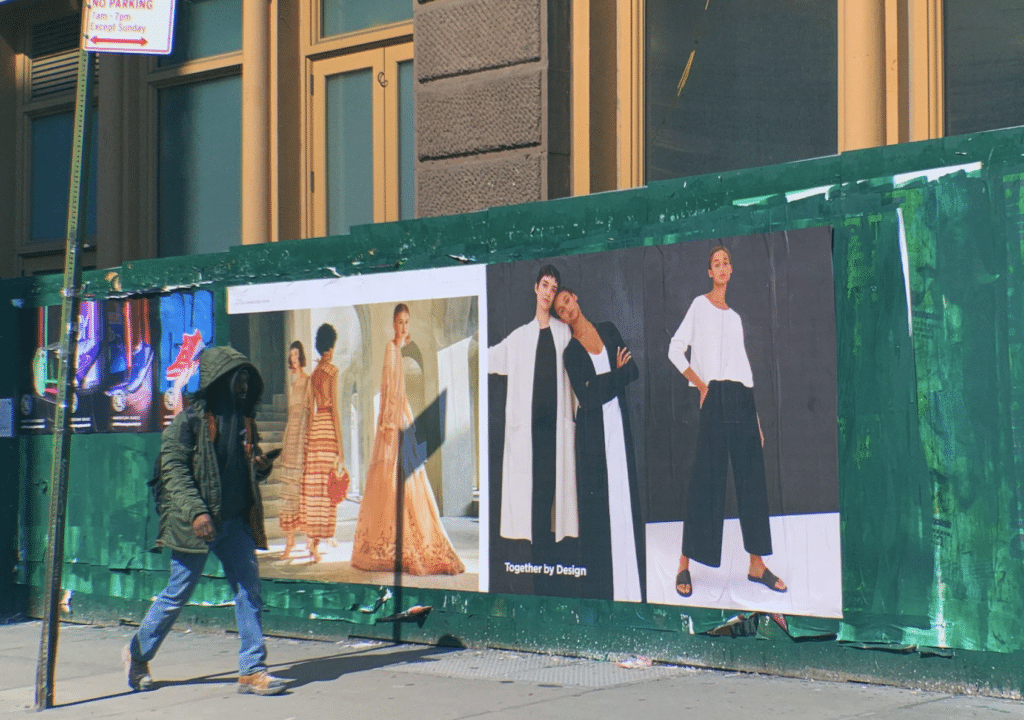On Sunday evening, in a time slot perfectly orchestrated to capture Golden Globes viewers and those aimlessly scrolling on social media, Kendall Jenner revealed – by way of a much-hyped announcement – that she is the newest face of Proactiv. In furtherance of the undoubtedly big-money endorsement deal, Jenner and Proactiv released a video promoting in which the 23-year old model promotes the 23-year old skincare company, the latter of which is known for its affordable acne solutions and longstanding direct-to-consumer subscription model.
Fan furor erupted almost immediately. It was clear that Jenner’s announcement – which had been positioned (largely by “momager” Kris Jenner) as a “raw story,” “brave” revelation, and an attempt to “help foster a positive dialogue” – was little more than the latest money-grab by America’s most famous reality television family. But beyond the positioning of the campaign as a type of social awareness endeavor, another element ruffled many feathers: consumers think Jenner is lying.
In the minute-long video, alongside clips of Jenner on the 2018 Golden Globes red carpet and photos of her makeup-free face with some significant acne outbreaks, Jenner – the world’s highest paid model – addressed her struggle with acne. “For me, I can honestly say the magic [in warding off these skin issues] was Proactiv,” she stated. “This is the way that I got clear.”
“Not so fast!”, hordes of social media users called in response. “Kendall Jenner gets $3,000 facials wearing head to toe Balenciaga in between shoots for Vogue. I promise you she’s not using Proactiv,” one individual tweeted, capturing the general skepticism surrounding the authenticity of Jenner’s new endorsement deal.
W Magazine chimed in on Tuesday, stating that in 2015, Jenner divulged in a post on her now-defunct app that after “acne had ‘completely ruined [her] self-esteem,’ she began working with her ‘incredible dermatologist’ and undergoing Laser Genesis treatments, which have left her ‘acne-free for about three years now.’” The publication’s Andrea Park further revealed that Jenner’s dermatologist, Christine Kidd, spoke to the magazine in March 2018 “about the skincare regimen she’d prescribed for Jenner,” none of which included Proactiv products.
So, what if – hypothetically speaking – Jenner is fabricating her reliance on Proactiv for the sake of a compelling and effective advertisement? Well, that could give rise to legal complications for both Proactiv and Jenner, as the use of false or misleading information about a product is the basis of a false advertising claim under U.S. federal law.
As Rebecca Tushnet, a Harvard Law School professor specializing in false advertising (among other things), told TFL, “Endorsers generally have to be truthful about their use of the product they endorse.” In particular, she points to the Federal Trade Commission’s guidelines, which state, “When the advertisement represents that the endorser uses the endorsed product, the endorser must have been a bona fide user of it at the time the endorsement was given.”
“The wrinkle here,” according to Tushnet, may be timing. Such a (hypothetical) false advertising case would rely on “whether Jenner’s endorsement communicates that she was a bona fide user in the past when treating her earlier outbreaks.” Or, Tushnet says, “It may be that [Proactiv] intends to argue that it’s enough if she now uses it to [clear up] a repeat of past problems.”
It is worth noting that the FTC has been notoriously lax on all things Kardashian/Jenner and even family member-by-marriage Kanye West, seemingly looking the other way on the endless number of undisclosed or improperly disclosed social media sponsorship posts – which run afoul of its influencer/celebrity disclosure guidelines – even when faced with formal complaints. So, there is a relatively good chance that this potential misstep might also leave the famous family both richer and legally unscathed.
A rep for Proactiv did not respond to a request for comment.














